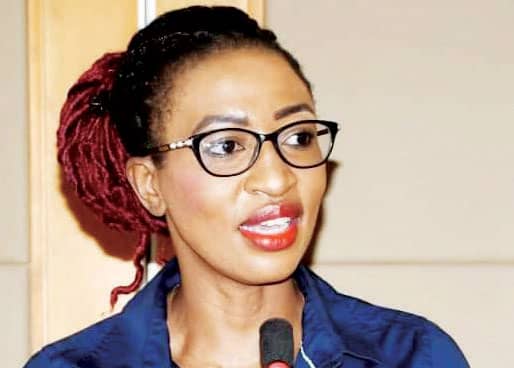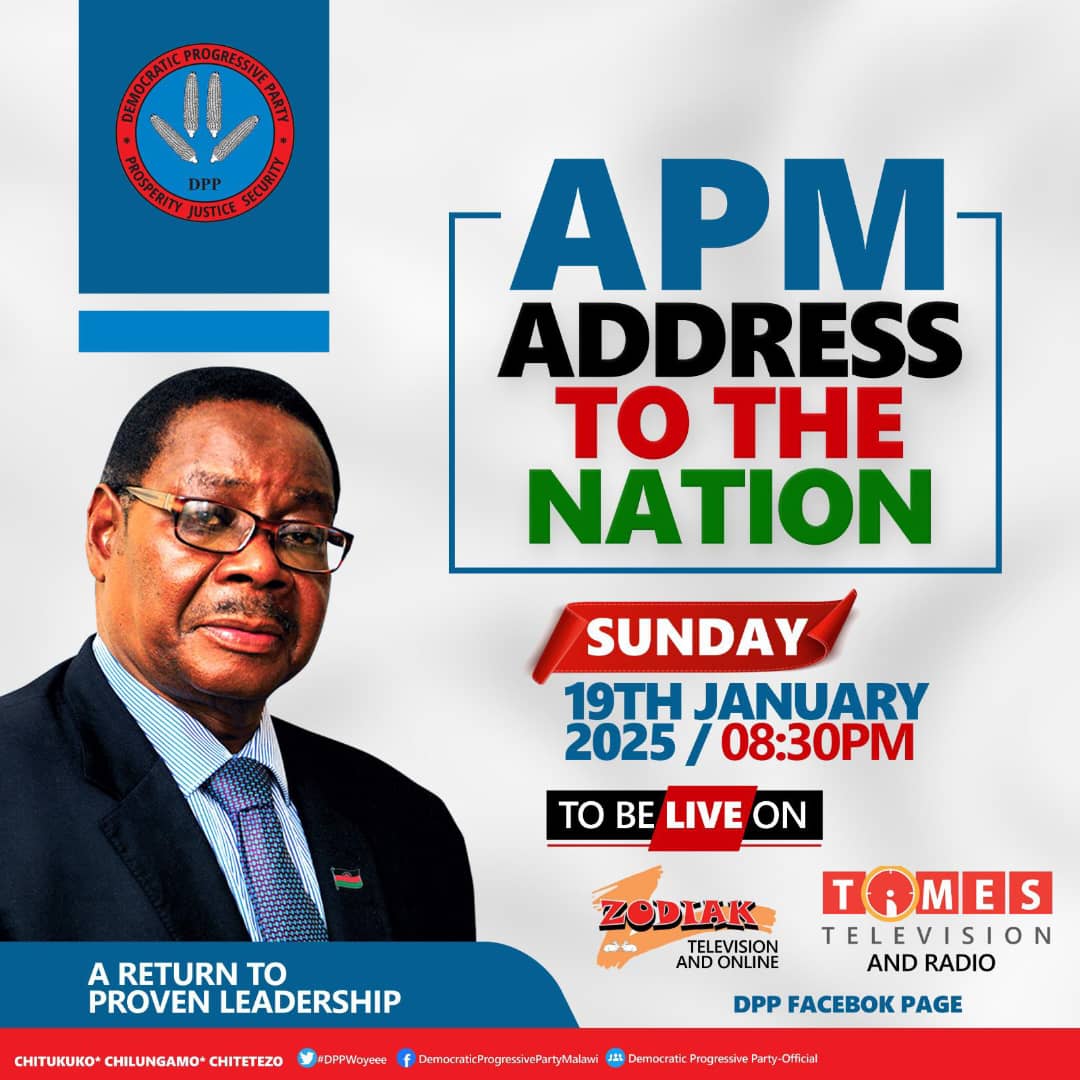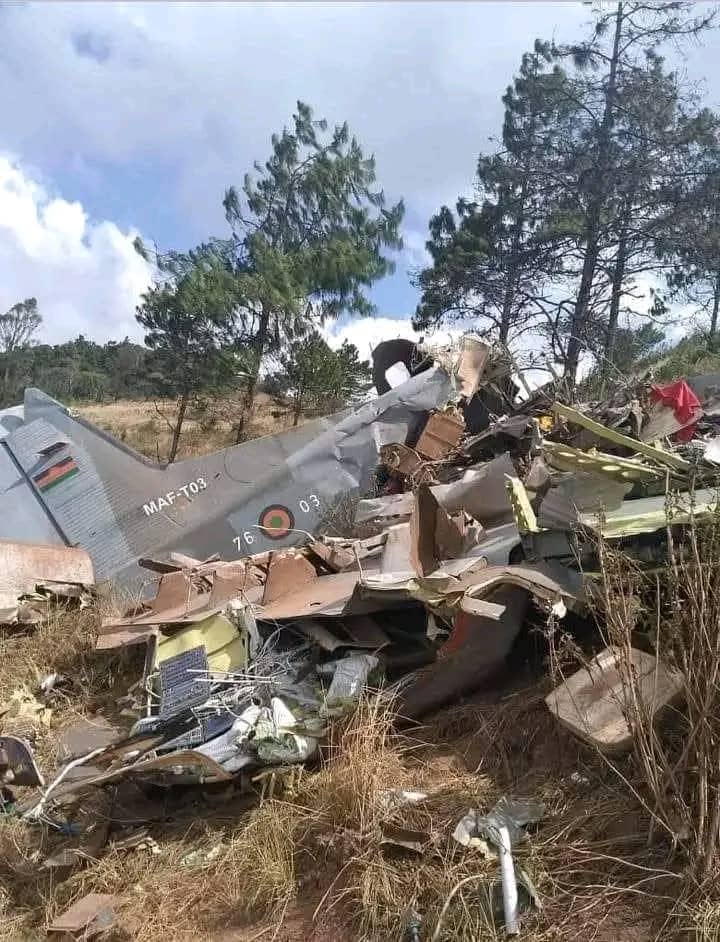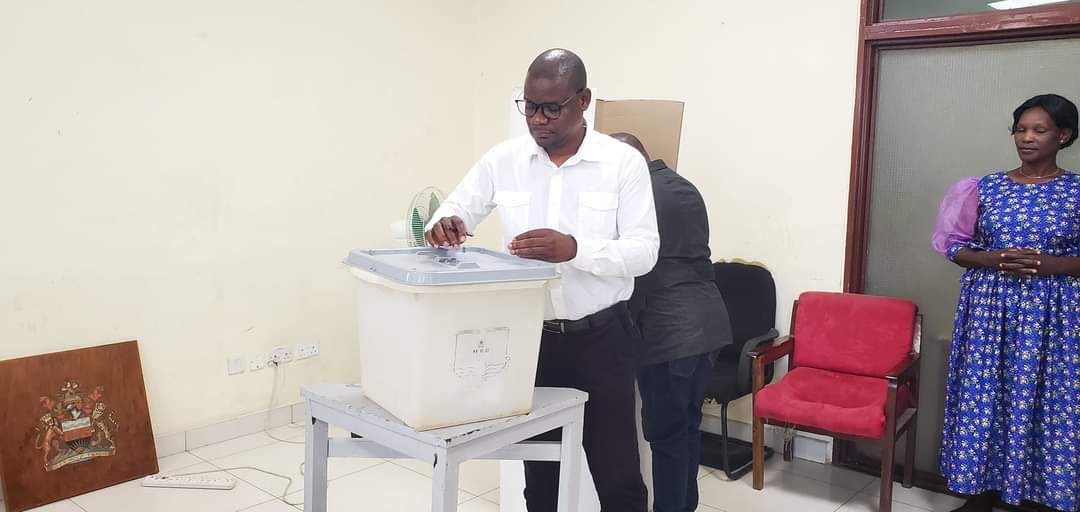By Burnett Munthali
The National Oil Company of Malawi (NOCMA) has defended its recent agreements with the United Arab Emirates (UAE) and GET Global, emphasizing that both deals are transparent and free from any wrongdoing. In a press briefing held yesterday, NOCMA addressed growing public concerns surrounding the contracts, reassuring Malawians that the deals are structured to ensure the country’s fuel supply security amid volatile global markets.
NOCMA’s Deputy Chief Executive Officer, Hellen Buluma, highlighted that the deal with the UAE was essential for securing reliable and cost-effective fuel supplies. Given the global fluctuations in fuel prices and challenges faced by several African nations in sourcing oil, Buluma explained that partnering with the UAE offers Malawi an opportunity to maintain steady fuel reserves at a favorable price.
“The UAE is a significant player in the global oil market, and this agreement will guarantee a constant supply of fuel, which is crucial for our economy. The terms of the deal are favorable, and we have taken all necessary steps to ensure the contract is transparent and above board,” Buluma said.
She also addressed the concerns raised about GET Global, a company that is set to manage a portion of Malawi’s fuel procurement and distribution. Some critics had raised eyebrows over the company’s involvement, questioning whether the process was fully competitive. However, Buluma assured the public that GET Global was selected after a rigorous bidding process and that its expertise in logistics and fuel management will help streamline the country’s fuel supply chain.
“There is absolutely nothing sinister going on in these deals,” she emphasized. “Both the UAE and GET Global agreements have been thoroughly vetted and adhere to all international procurement standards. Malawians can rest assured that NOCMA is acting in the best interest of the nation.”
Buluma further acknowledged the public’s right to scrutinize such high-profile deals, particularly in a country that has faced fuel shortages in the past. She welcomed the interest in ensuring accountability but insisted that NOCMA’s role is to ensure the country has enough fuel to keep the economy running.
The deals, she explained, come at a time when global fuel markets are unpredictable due to geopolitical tensions, such as the ongoing conflict in Ukraine, which has led to supply chain disruptions and price hikes. Buluma noted that Malawi cannot afford to be complacent in securing fuel deals in such a turbulent global environment.
The NOCMA official also underscored that the contracts include clauses that protect Malawi from excessive price hikes and ensure steady fuel delivery, even during times of crisis. This, she said, is a proactive step toward safeguarding the country’s energy security.
In response to allegations of potential kickbacks or foul play, Buluma reaffirmed that all processes followed strict legal frameworks and were overseen by independent bodies to avoid conflicts of interest. She also urged the public to trust in the country’s institutions and in NOCMA’s commitment to transparency and accountability.
The government of Malawi, through the Ministry of Energy, has also thrown its support behind NOCMA’s deals, with officials saying that the agreements will ensure the country avoids fuel shortages and stabilizes the economy. Energy Minister Ibrahim Matola backed Buluma’s statements, adding that the deals were part of a broader strategy to modernize Malawi’s energy infrastructure.
As discussions surrounding the deals continue, NOCMA remains firm that both agreements with the UAE and GET Global are critical steps in ensuring that Malawi remains competitive in the region while also safeguarding its energy supply.
With NOCMA’s detailed defense of these fuel contracts, attention now turns to whether these assurances will calm public anxiety and provide the fuel security Malawi needs moving forward.
Burnett Munthali is a political analyst and contributor to various news outlets including Maravi Post and 247 Malawi. He covers economic, political, and legal developments in Malawi and the Southern Africa region.




